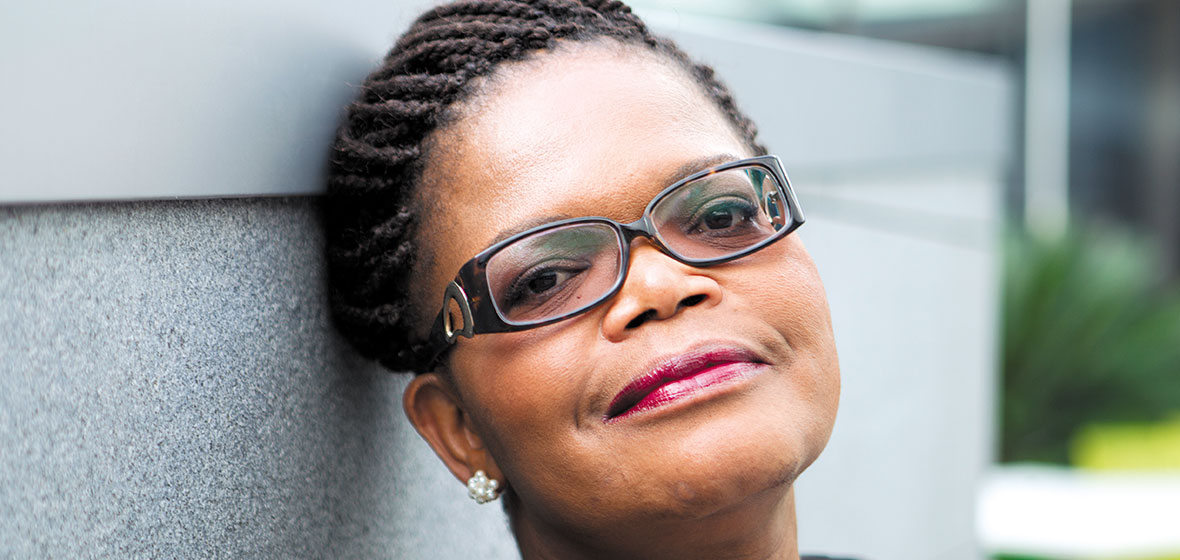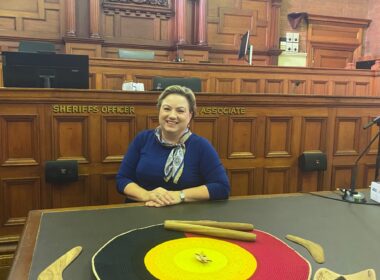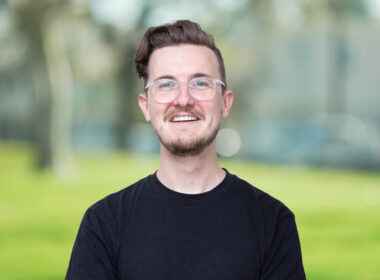Zimbabwean human rights lawyer Beatrice Mtetwa has endured unspeakable violence and indignity in her quest for justice. She speaks to CRAIG SISTERSON.
The first time she was arrested, Beatrice Mtetwa’s glasses were smashed by a policeman’s fist. The second time, a roadside beating was interrupted by a senior policeman who was astounded, not by the violence being unleashed on three robed lawyers, but the fact his riot police were foolishly inflicting it in full view of passing motorists who were taking pictures on their mobile phones. The third arrest, in April last year, left Mtetwa physically unscathed. But in some ways, the renowned human rights defender says, that experience was the worst.
As a lawyer who has spent 25 years fighting human rights abuse in Zimbabwe, Mtetwa says physical violence is often taken more seriously than emotional and psychological trauma even though the effects of the latter can be insidious, ongoing and sometimes much harder to recover from.
“People say, ‘Oh they didn’t beat you up, so it’s not that bad. Last time you were black and blue’, but it’s not that at all,” she says. “Where there’s psychological violence, emotional violence, it can be extremely traumatic, but because people can’t see it, it’s like it’s not as important as physical violence. Sometimes, being beaten up is better because it’s easier for people to deal with, for people to give you help. But if nobody can see it, it’s like it isn’t there.”




